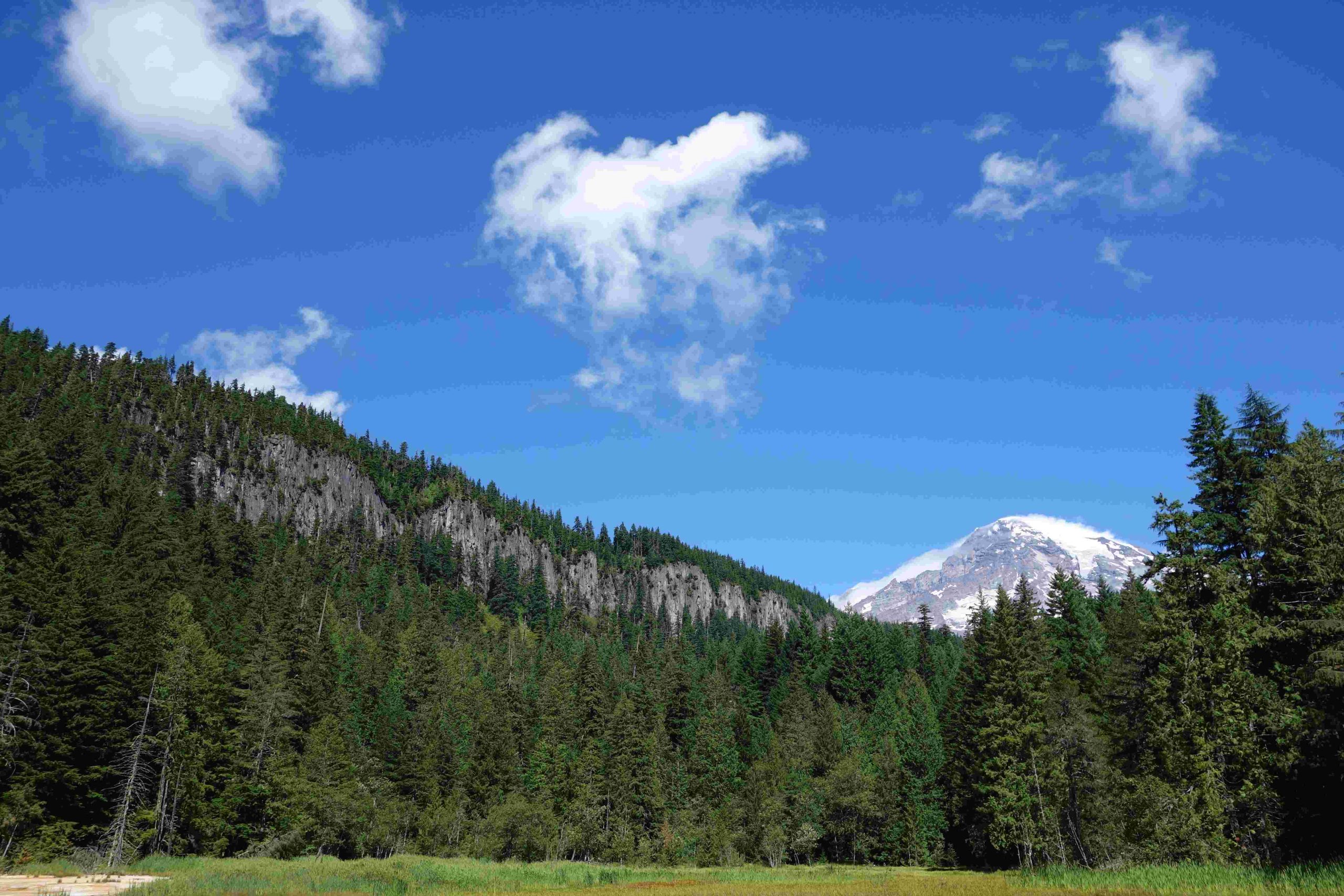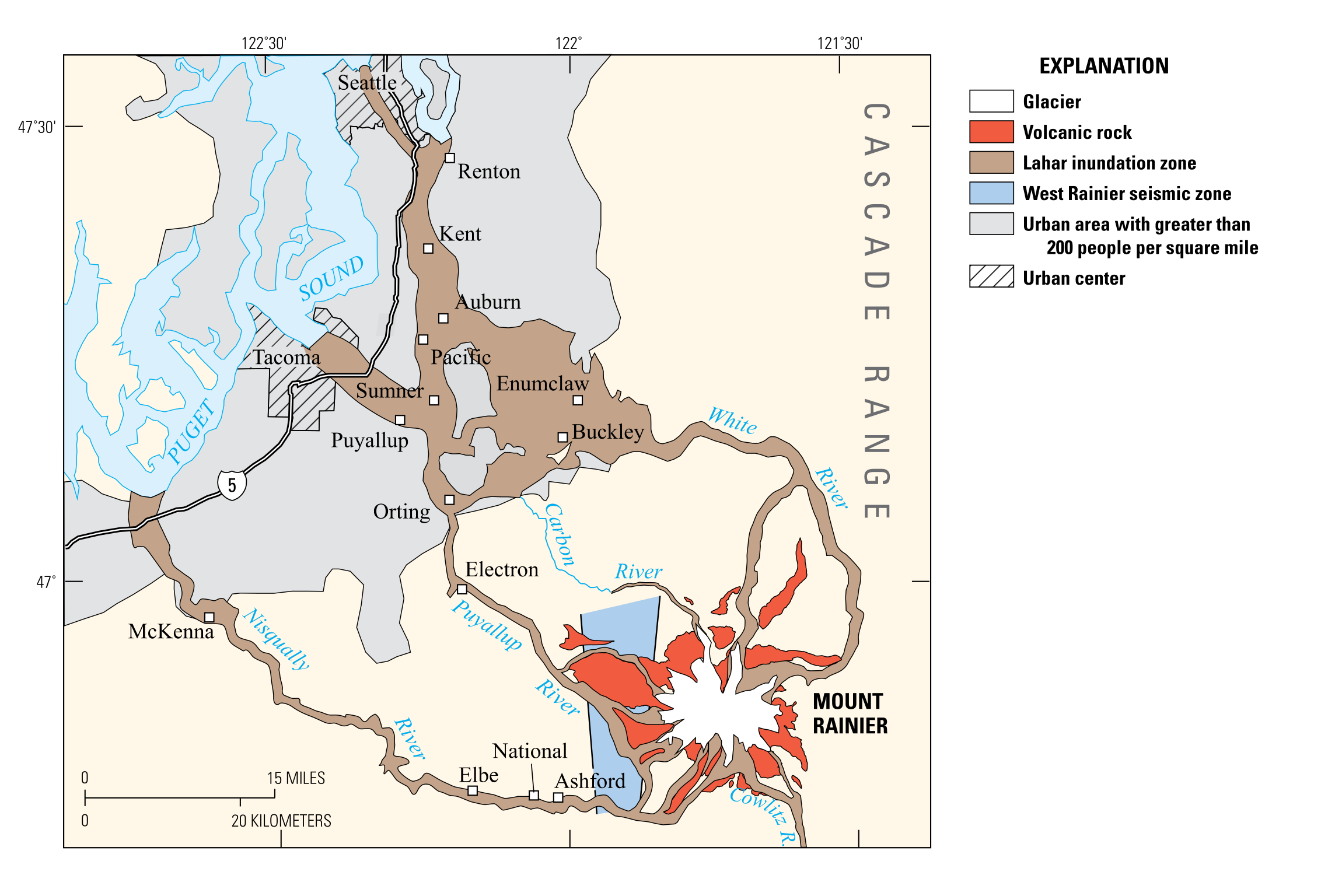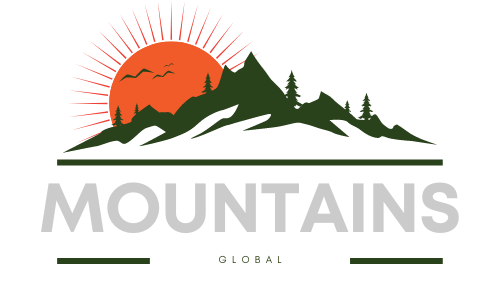Mount Rainier hikes at Crystal Mountain offer breathtaking alpine scenery, challenging trails, and stunning views of the iconic Mount Rainier. The Crystal Mountain Loop, a 12.7-mile trail with 2,900 feet of elevation gain, is the centerpiece of these hikes. This guide explores the various routes, key trail sections, scenic viewpoints, amenities, and specific challenges hikers may encounter on their journey through this picturesque landscape.
What are the main hiking options at Crystal Mountain?

Crystal Mountain Loop
- Trail Name: Crystal Mountain Loop
- Length: 12.7 miles round-trip
- Elevation Gain: 2,900 feet
- Difficulty: Difficult
This challenging hike traverses forests, meadows, and ski slopes, offering diverse terrain and stunning views. Hikers can opt to use the Mount Rainier Gondola for part of the ascent or descent, providing flexibility in route planning.
Alternative Routes
- Summit via Kelley’s Gap Road and Green Valley Trail:
- Avoids the gondola
-
Ascends via Kelley’s Gap Road and Green Valley Trail
-
Northway Trail:
- Longer route starting from Northway trailhead
- Requires a 2-mile walk along Crystal Mountain Boulevard to return
What are the key sections of the Crystal Mountain Loop?

- Initial Ascent:
- Steep climb from base area
- Meets Silver Creek Trail
-
Passes through rocky sections and ski slopes
-
Henskin Lake:
- Located 2.5 miles from base area
- Ideal spot for lunch breaks
-
Offers views and potential lake trout sightings
-
Summit and Ridgeline:
- Continues to gain elevation
- Passes through narrow and rocky areas
- Summit house provides panoramic views, including Mount Rainier on clear days
Where are the best scenic viewpoints along the trail?
Mount Rainier Views
- Multiple viewpoints along the trail
- Best views from summit ridge and Northway Peak
Other Notable Views
- Crystal Peak: Visible from various points, especially the ridgeline
- Castle Mountain and Norse Peak: Visible as hikers gain elevation
- Elizabeth Lake: Located in a valley between The Throne and Silver King
What amenities and facilities are available for hikers?
| Amenity | Location | Details |
|---|---|---|
| Parking | Base area | Main lot and additional parking near Northway trailhead |
| Restrooms | Base area | Available at base, possibly at other trailheads |
| Picnic Areas | Henskin Lake, Summit House | Scenic spots for breaks and meals |
| Dining | Summit House Restaurant | Offers food with outdoor seating and views |
What specific challenges should hikers be aware of?
Weather and Seasonal Considerations
- Summer Heat: South-facing slopes can be very hot and dry
- Mosquitoes: Prevalent around lakes and streams
- Snow-Free Period: Generally mid-July to October
- Wildflower Season: Late July to early August
Trail Conditions
- Rocky and loose sections require vigilance
- Multi-use trails shared with horses and mountain bikers
How can hikers prepare for Mount Rainier hikes at Crystal Mountain?
- Start Early: Beat the heat and crowds, especially in summer
- Bring Ample Water: Crucial for hot, dry south-facing slopes
- Wear Appropriate Footwear: Sturdy hiking boots for rocky terrain
- Pack Insect Repellent: Essential for comfort, especially near water sources
- Check Trail Conditions: Verify snow levels and trail maintenance status
- Be Prepared for Elevation: Acclimate and pace yourself for significant gains
- Carry Navigation Tools: Map and compass or GPS device recommended
- Respect Wildlife and Nature: Practice Leave No Trace principles
What are the best times to hike at Crystal Mountain?
- Peak Season: Mid-July to October (snow-free period)
- Wildflower Viewing: Late July to early August
- Avoid Crowds: Weekdays and early mornings
- Fall Colors: September to early October for autumn foliage
By following this guide, hikers can fully appreciate the beauty and challenges of Mount Rainier hikes at Crystal Mountain. Whether tackling the full loop or exploring shorter alternatives, the trails offer unforgettable alpine experiences with views of one of America’s most iconic mountains.
